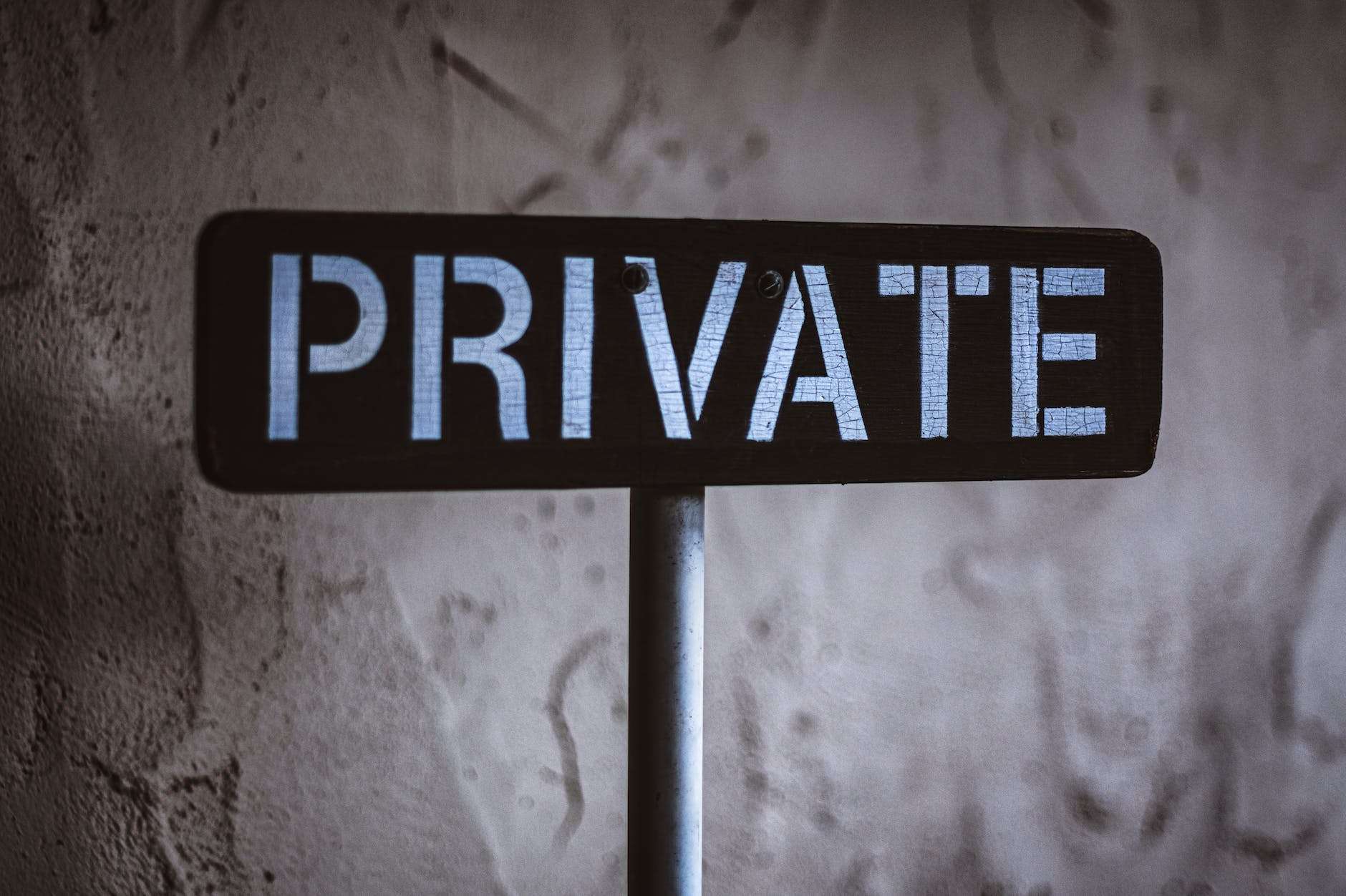Do you have a secret? If you’re like most people, you may have up to a dozen! We keep secrets for all kinds of reasons: shame, embarrassment, insecurity, to maintain privacy, or to protect someone else.
Having a secret, in and of itself, doesn’t necessarily hurt us.
It’s whether we dwell on it, and how it impacts our relationships, that can do us harm – potentially impacting both our mental and physical health.
In fact, it turns out, the reason we hide something is actually more relevant to our well-being than the secret itself.
Read on to learn more about the types of things we keep private and how to know if your deepest, darkest secret puts you at risk.
How Secrecy Harms Relationships
According to Merriam Webster, a few common definitions are “kept from view”; “hidden”; “marked by the habit of discretion” and “something kept from the knowledge of others”. It’s only when we look at the synonyms for secrecy do some of the more shameful elements appear: “furtive”, “sneaky”, “stealthy”, and “clandestine”.
Secrets That Stem from Immoral or Dishonest Acts
Keeping confidences from a significant other or family member can doom the relationship. But, as noted above, it really depends on the reason we do so.
- Hidden information that stems from an immoral or dishonest act almost always create negative energy among those privy to it, as well as those in the dark.
- When we’re in the loop on such a secret, we tend to dwell and ruminate on it. We also worry about the consequences of it coming out.
- When we don’t know the truth, we sense something is wrong, or information is being withheld, but we can’t put our finger on exactly what is causing our unease. This can lead to doubt, skepticism and stoke suspicion – true poison to any relationship.
Secrets That Stem from Shame
When we hide something as a result of shame, it rarely turns out well.
This goes for secrets we keep privately as well as those we share with siblings, spouses or others.
If a subset of a family harbors a secret (to avoid public embarrassment, or to protect children, for example), it creates an evident stress that is difficult to understand.
This stress creates not only tension but distance and distrust.
Often, no one understands the root cause.
The pain and irritation festers and can even lead to lifelong feuds.
All because of our fear of confronting our own shame, or our fear of the potential implications of a secret “getting out”.
Holding secrets within ourselves due to shame can also often have dire effects on our own self worth and development.
Certain extreme situations can even result in delayed psychological growth, or permanent arrested development.
So, what’s the bottom line? The are many good reasons to identify the secrets we hold due to shame. And to consciously work to bring them into the light. To trust our relationships to be strong enough to weather the impact of even our worst secrets. To strive to be strong enough and brave enough to be vulnerable.
“Safe” Secrets
Of course, not all secrets result in damage to ourselves and others. Some can even strengthen relationships.
There are the harmless secrets that we keep – for example, planning for a surprise party, or a special gift or occasion.
Then there are the confidences we harbor as a result of intimacy.
Things we share with only our closest friends, not because of shame or fear, but because these secrets are precious – those that come from the heart.
Romantic secrets, or confidences about beliefs or fears or insecurities that we only share with those we implicitly trust are often safe. And even encouraged!
Knowing Who To Trust
Of course, sharing our most private thoughts, ideas and opinions with others can also be disastrous – if we divulge information, we prefer to keep private to someone who later violates our confidence.
So, in the end, knowing what to keep to ourselves, as well as what to share with who – is a critical competency.
Learn more about how to determine who is worthy of sharing our confidences here: 10 Ways To Tell Your Friendship Is Worth Keeping.
You may also find this post interesting and helpful: Privacy and Secrecy in Marriage: A Delicate Balance.
Thank you as always for reading.
If you haven’t yet subscribed, please visit KindCompassCoach and enter your email address so you never miss a post.
As Amazon Associates, we earn from qualifying purchases. We may receive a small commission (at no cost to you) for purchases made through links in this post.

Joan Senio is the founder of KindCompassCoach. Her career includes 20+ years as a health care executive and 15 years (and counting) as a consultant. The common thread through Joan’s professional life has been a commitment to lead, mentor and coach current and future leaders, and women from all walks of life. KindCompassCoach provides information and advice grounded in Joan’s personal experience; however, all articles are backed by research and provide facts and advice from a wide variety of experts. Joan also serves as a thought-leader for KuelLife.com and is a regular contributor to PsychReg and Sixty and Me.



No Responses